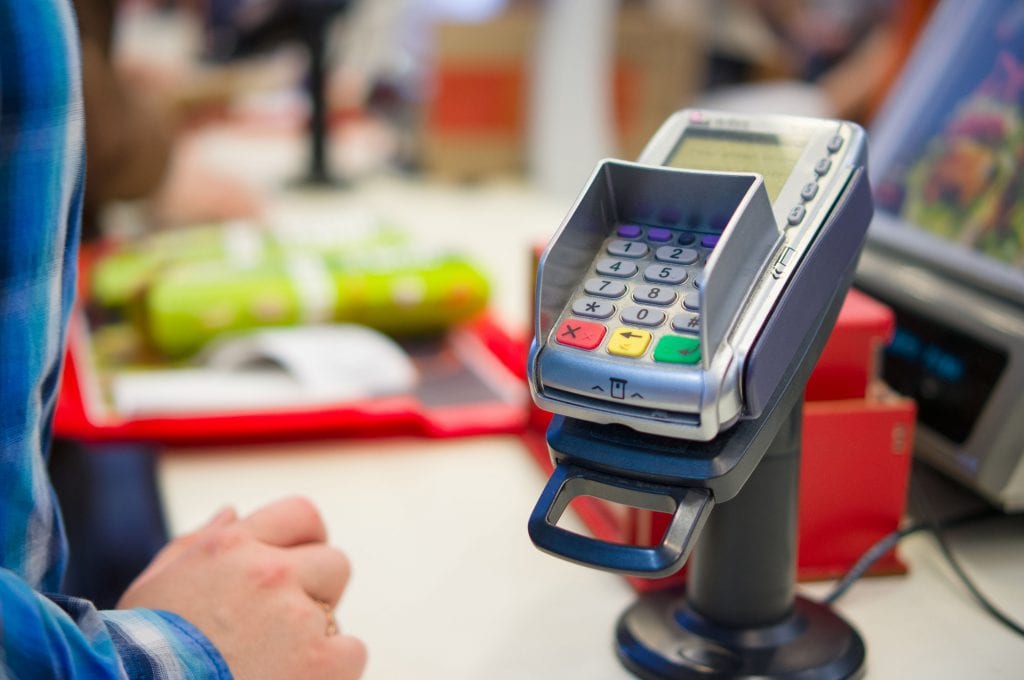Canadians are lauded as beingalmost universally banked, fiscally responsible, conservative and evendownright sensible. So why the growing consumer interest in alternative paymenttools?
A recent study by The Canadian PrepaidProviders Organization found that while 99 percent of Canadians have a bank accountthere is a growing interest, especially amongst younger Canadians, to adoptalternative payment tools that they view as more convenient. Prepaid cardscontinue to grow in both usage and popularity. At the same time, 13 percent ofconsumers are using bank accounts less.
The open loop prepaid market in Canada is $3.1 billiondollars. Not small for a country with 1.6 trillion GDP (about the same size asthe gross state product of Texas). Prepaid cards topped the list as the fastest-growingpayment product and boasted the highest level of satisfaction among paymentstools.
So why is this highlybanked country adopting financial tools they don’t “need”? The answer may be inthe gaps and failures of their current products, namely bank accounts andcredit cards. While these products serve their needs in many areas, they don’tstop Canadians from overspending.
Canadians now hold recordamounts of debt, owing $1.67 for every dollarof disposable income and nearly half of Canadians have struggledto stick to a budget in the last year.
92 percent of Canadians havecredit cards, but 31 percent do not want to have one. 26 percent often keep arunning balance on their credit card, and 25 percent have struggled with theircredit score. 40 percent have had credit card debt. These numbers are reflected inother developed nations as well.
Canadian fintech companies arelooking to fill the convenience and service gaps that banks and credit cards areignoring and some are even aiming to directly repair the harm they believe conventionalproviders are causing consumers.
Last week, Mogo Finance TechnologyInc. launched a new spending accountto help consumers control their discretionary spending alongside their bankaccount. The Mogo Spending Account allowsmembers to transfer their monthly spending money from their bank account to aprepaid Visa card and track their budget and balance in real-time through anapp. Monthly recurring payments and delayed settlement make it challenging forconsumers to monitor their spending money and manage their finances inreal-time through a traditional bank account. This product provides a solid way to stop consumers from overspendingwhich traditional banking and credit products aren’t designed to do.
This is new for Canada. Canada has not had a full-scale prepaid GPRproduct aimed at consumers. Many believed it wasn’t needed because of Canada’shighly banked population. But recent research has shown that 33 percent of Canadians do notwant to use traditional banks because alternative providers and new tools arecheaper and more convenient.
With other countries, such as the UK, US, Japan, France, Germany andItaly, also struggling with huge levels of household debt, it is clear that themost commonly used conventional financial tools – bank accounts, credit cards,mortgages and loans – aren’t effectively working for consumers worldwide.Fintech companies have a huge opportunity to focus on the overspending problem byoffering lasting solutions that complement consumers’ current habits and tools,making them easy to stick to. While there are many fintech companies focusingon one piece of this puzzle, building a comprehensive digital bankingexperience that tackles all of these financial needs will be the best way totruly help consumers better manage their financial picture.
Jennifer Tramontana is President of The Fletcher Group and Founder and ExecutiveDirector of the Canadian Prepaid Providers Organization
